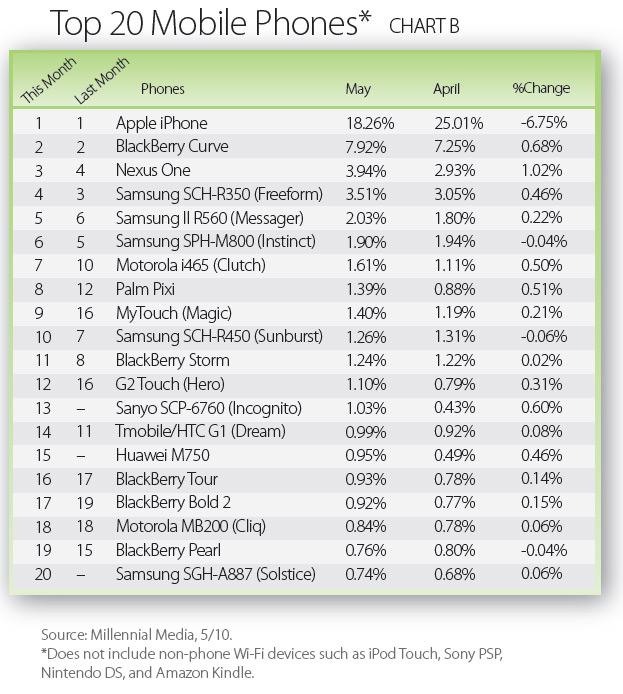Though Apple’s iPhone continues to be the most sought-after mobile device in developed markets, Google’s Android platform now firmly dominates smartphone market share. Market research firm IDC today revealed its estimates that 81% of smartphones shipped during the third quarter of 2013 were running Android.
This amounts to more than 170 million of the estimates 211.6 million smartphones that IDC believes shipped during the last quarter. Overall, smartphone shipments increased nearly 40% from the third quarter of 2012, despite analyst predictions that established smartphone markets are becoming saturated.
Apple’s iOS platform is still firmly in second place, despite losing a bit of market share during the third quarter, down to 12.9% from 14.4% last year. This small decline is largely due to the massive 51.3% increase in Android shipment volumes year-over-year. Apple also increased its shipment volumes by just over 25%.
Windows Phone is also becoming a viable third contender in the smartphone space. It more than doubled its year-over-year shipments during the third quarter, raising 156% to 9.5 million Windows Phones shipped.
All of these shipment increases were aided by the massive failure of BlackBerry. The Canadian manufacturer posted nearly $1 billion in losses during the second quarter, and even more recently a consortium of investors failed to raise the cash to buy BlackBerry. IDC’s numbers reflect these difficulties, showing a massive 41.6% year-over-year drop in shipment volume.
“Android and Windows Phone continued to make significant strides in the third quarter,” said Ramon Llamas, research manager for Mobile at IDC. “Despite their differences in market share, they both have one important factor behind their success: price. Both platforms have a selection of devices available at prices low enough to be affordable to the mass market, and it is the mass market that is driving the entire market forward.”




